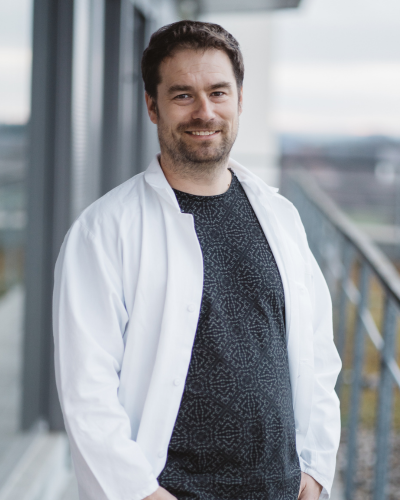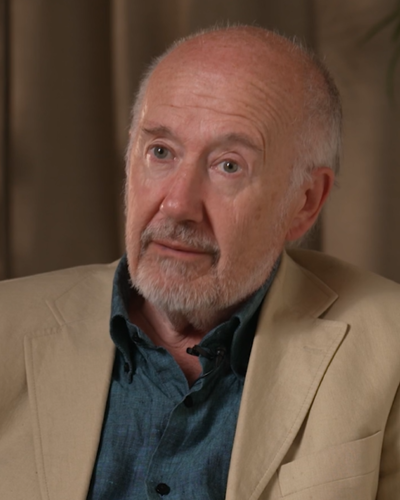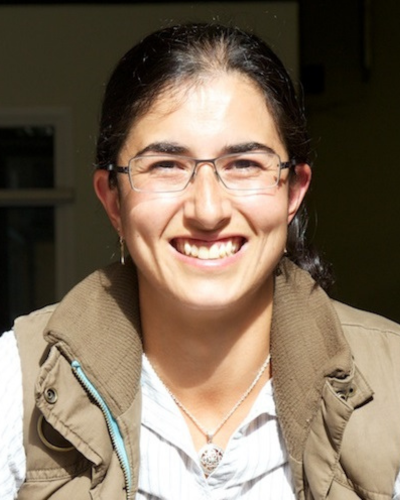 |
Prof. Tomáš Páleníček (CZ), National Institute of Mental Health.
Tomas Palenicek, MD, PhD, began his career in 2001 at the former Prague Psychiatric Center in preclinical research focusing on the neurobiology of psychedelics such as LSD, psilocin, mescaline, 2C-B and MDMA, and on the neurobiology of psychosis in animal models. He has been trained in psychiatry and clinical electroencephalography (EEG) and has contributed to the pilot clinical research with ketamine. During the last decade, he has been the principal investigator in the first projects performed in the Czech Republic to study the acute effects of cannabis and psilocybin in healthy volunteers, and has been involved in studies with ketamine in depressed patients. His research expertise is mainly focused on behavioural pharmacology, electrophysiology and subsequent analysis of brain activity. He is currently leading a team of young scientists from the National Institute of Mental Health in the Czech Republic, investigating the neurobiology of how psychedelics, cannabinoids and other psychoactive substances affect brain processing, emotionality, cognitive function and music – from cell cultures to human experiments. Currently, as the principal investigator, he is working on several projects that aim to evaluate the therapeutic potential of psychedelics psilocybin, ketamine and MDMA in the Czech Republic. His research also received several international awards and he has presented the results of his research at several prestigious international conferences. |
 |
Prof. Guy Goodwin (UK), Compass pathways & University of Oxford – Speaker
“Developing psychedelics for clinical use: how and for whom?” Guy Goodwin ( FmedSci) is Chief Medical Officer for Compass pathways, working to re-medicalise the psychedelic experience for use in psychiatry. He is Emeritus Professor of Psychiatry and NIHR Emeritus Senior Investigator at the University of Oxford, UK. His research interests are the treatment of mood disorder and the potential to improve treatment using new drugs and new technology. He is a Fellow of the American College of Neuropsychopharmacology and has previously held the position of President of the British Association for Psychopharmacology and the European College of Neuropsychopharmacology. |
 |
Prof. Emma S J Robinson (UK), University of Bristol, – Speaker
“Neurobiology of psychedelics: what is affected and how” Emma completed her BSc(Hons) and PhD in Pharmacology in Bristol. In 2005, she was awarded an RCUK Academic Fellowship which included an opportunity to work at the University of Cambridge, Experimental Psychology Department. Now based in Bristol’s School of Physiology, Pharmacology and Neuroscience, Emma’s research focuses on studies investigating the neural and neurochemical mediators of normal cognitive and emotional behaviour and how these may be disrupted in psychiatric disorders. |
 |
Prof. Dirk Schubert (NL), Donders Institute for Brain, Cognition and Behaviour
Dirk Schubert is assistant professor and principle lecturer, leading his research group for “Cellular Neurophysiology” in the Cognitive Neuroscience Department at the RadboudUMC in Nijmegen (Netherlands) since 2013. After obtaining his PhD in Biology at the Heinrich Heine University of Düsseldorf (Germany), doing a postdoc at the C&O Voigt Institute for Brain Research in Düsseldorf and being a guest researcher at the University of Szeged (Hungary), he joined the RadboudUMC in 2006. His current research group focuses on understanding neuronal network formation and maturation in health and disease (ASD, schizophrenia and epilepsy), with a particular focus on the neuronal circuitries maintaining excitatory/inhibitory balance in rodent ex vivo models as well as human IPSC derived neuronal networks (“human neurological disorders in a dish”). He is member of the FENS Committee for Higher Education and Training (CHET). |